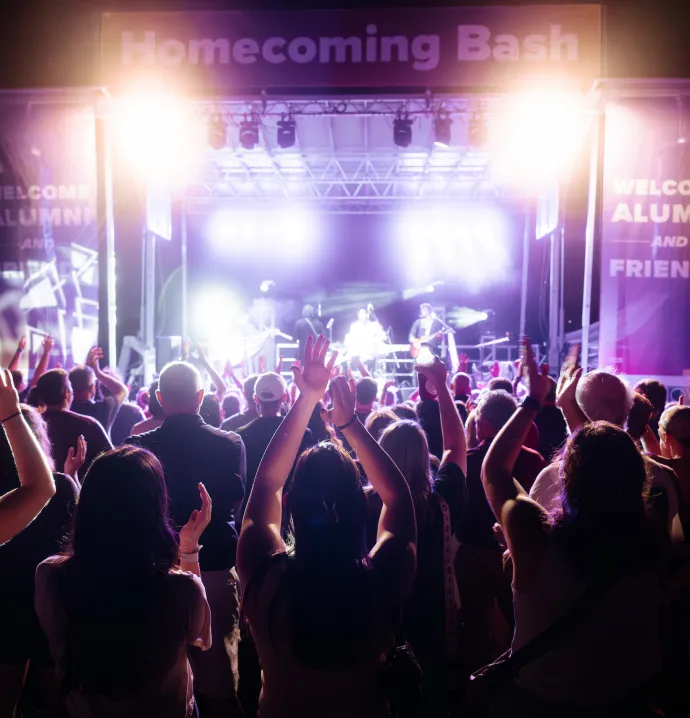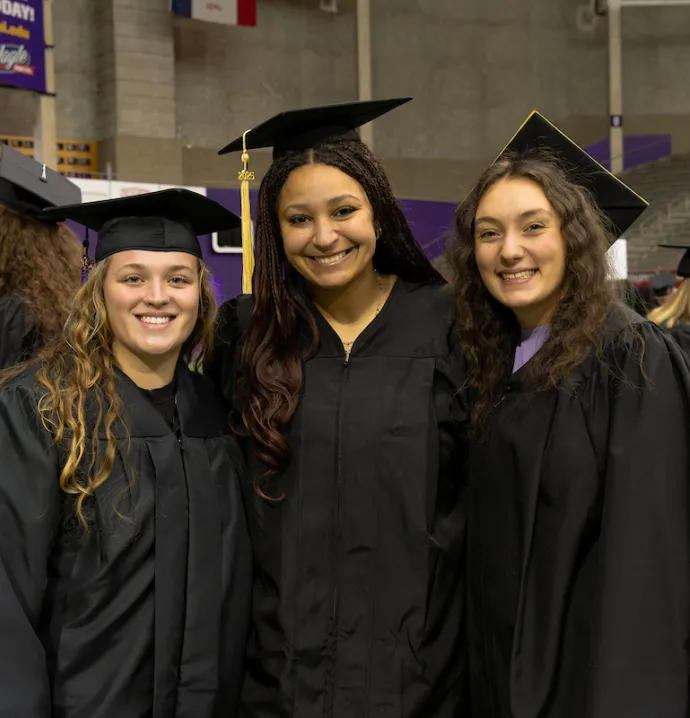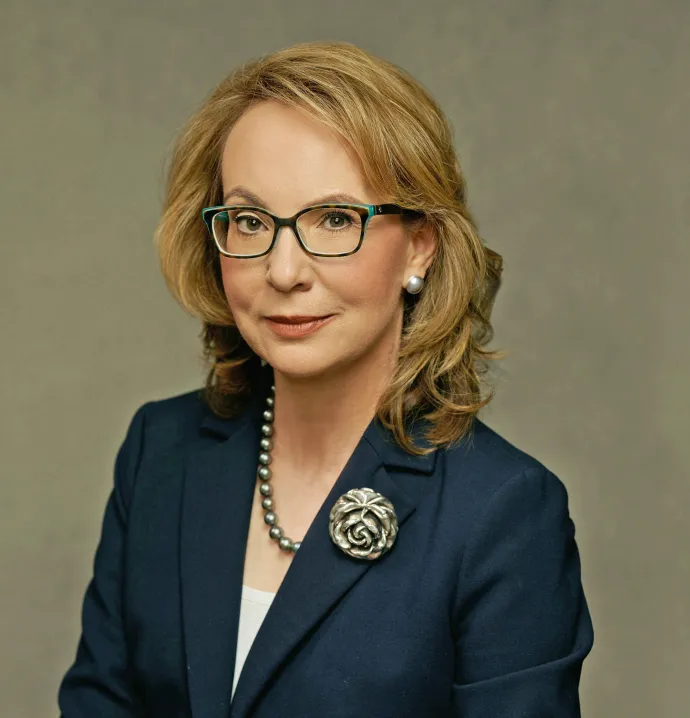Suffrage exhibit features African American women
Suffrage exhibit features African American women
The year 2020 marks 100 years of women having the right to vote. But the ratification of the 19th Amendment only gave some women the right to vote. African American women were almost completely excluded.
Iowa has many prominent African American suffragists in its history, yet they receive little recognition. A new traveling exhibit at the UNI Museum in the Rod Library seeks to change that.
“Toward A Universal Suffrage” runs from Aug. 31 through Sept. 17, 2020 and focuses on Iowa’s rich history of African American female activists, featuring women like Gertrude Rush, Sue Wilson Brown and Vivian B. Smith.
"The exhibit explores how women's suffrage goes beyond sex and the impacts racism has played on African American women's right to vote," said Melinda Beland, a library clerk IV in the Rod Library. "It is eye-opening to see how long it has taken for movement towards equity. "
African American suffragists had to contend with racism as well as sexism, and until the passage of the Voting Rights Act of 1965, many didn’t have the right to vote. Historian Rosalyn Terbog-Penn pointed out that African American women were truly universal suffragists because they were calling for the right for all citizens to be able to vote.
"It is so crazy to see all of the work these women put into for something that should be a basic human right, prolonged for 45 extra years after the 19th amendment was passed," said Abigail Bennethum, a marketing and communication intern for the Rod Library who wrote an article about the exhibit. "I will forever be grateful for every woman that came before me who fought for not only their right to vote, but mine as well."
Gertrude Rush was the first African American woman in Iowa to become a lawyer and served as the head of the Colored Women’s Suffrage Club with the goal of obtaining the right to vote. She viewed it as an essential pathway to gaining equality and ending racial discrimination. Rush passed the Iowa Bar Exam, but was denied entrance to the American Bar Association. In response, she founded the National Bar Association in 1925 alongside several African American men. Her law practice focused on women’s legal rights.
Sue Wilson Brown helped establish the Des Moines League of Colored Women Voters in 1912 in order to better advocate for change. She also acted as the president of the Iowa Federation of Women’s Clubs from 1915 to 1917, and established the Des Moines chapter of the NAACP. Brown also advocated for housing for African American women pursuing a degree at the University of Iowa, going as far as to purchase and develop a home in Iowa City when they were denied access to dorms.
Vivian B. Smith has roots in the Cedar Valley as a member of the Waterloo Suffragette Council and attended the Iowa State Teachers College, known now as the University of Northern Iowa. She was the only African American student during her time at the school and graduated in 1916. She used her talent as a musician as a way to promote the importance of suffrage by performing at meetings of the Iowa Federation of Colored Women’s Clubs. Smith continued her public work with the suffrage movement throughout her career as a schoolteacher.
These are the stories of just a few women, with many more featured in the exhibit itself. “Toward A Universal Suffrage” also focuses on important Iowa landmarks for suffrage and a timeline of important events. The exhibit also highlights how Iowa women helped contribute to change on a national scale.
To view the exhibition, free of charge, visit the UNI Museum located down on the first floor of Rod Library on the University of Northern Iowa campus. The museum is open from 7 a.m. through midnight, Monday through Thursday; 7 a.m. through 7 p.m., Friday; noon through 5 p.m., Saturday; and noon through midnight, Sunday. Please be advised: Following the guidance of public health organizations, UNI students, faculty, staff and visiting community members are required to wear face coverings in all campus buildings.




